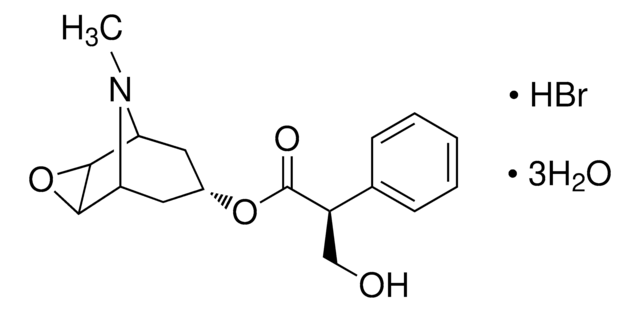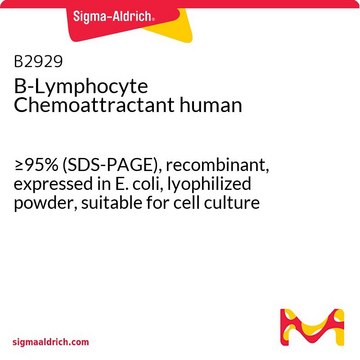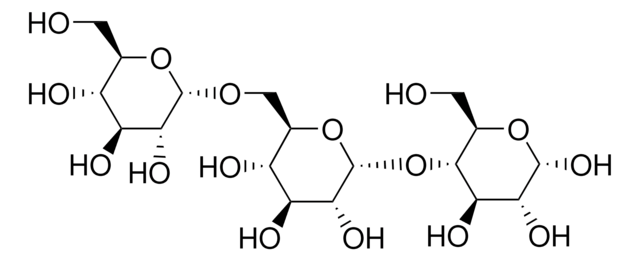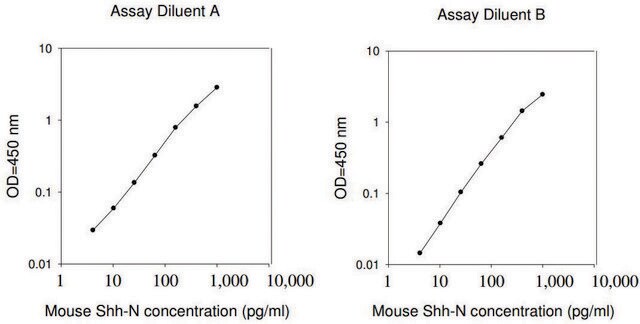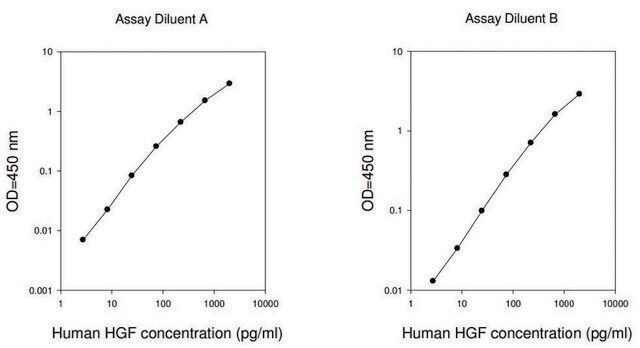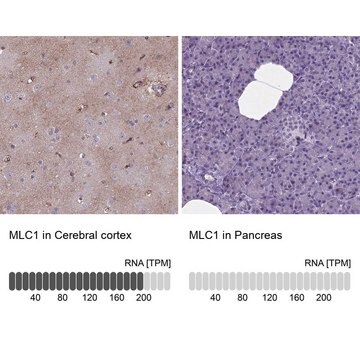SML0154
SPV-106
≥98% (HPLC)
Synonym(s):
2-Pentadecylidene-Propanedioic acid 1,3-diethyl ester, Pentadecylidenemalonate 1b
About This Item
Recommended Products
Quality Level
Assay
≥98% (HPLC)
form
oil
color
colorless
storage temp.
2-8°C
SMILES string
CCCCCCCCCCCCCC\C=C(\C(=O)OCC)C(=O)OCC
InChI
1S/C22H40O4/c1-4-7-8-9-10-11-12-13-14-15-16-17-18-19-20(21(23)25-5-2)22(24)26-6-3/h19H,4-18H2,1-3H3
InChI key
APIJHPAXMCKJBY-UHFFFAOYSA-N
Biochem/physiol Actions
Features and Benefits
Signal Word
Warning
Hazard Statements
Precautionary Statements
Hazard Classifications
Skin Sens. 1
Storage Class Code
11 - Combustible Solids
WGK
WGK 3
Flash Point(F)
Not applicable
Flash Point(C)
Not applicable
Choose from one of the most recent versions:
Certificates of Analysis (COA)
Don't see the Right Version?
If you require a particular version, you can look up a specific certificate by the Lot or Batch number.
Already Own This Product?
Find documentation for the products that you have recently purchased in the Document Library.
Articles
Epigenetic modifications are thought to occur through two key interconnected processes—DNA methylation and the covalent modification of histones.
Related Content
We offer a variety of small molecule research tools, such as transcription factor modulators, inhibitors of chromatin modifying enzymes, and agonists/antagonists for target identification and validation in gene regulation research; a selection of these research tools is shown below.
Our team of scientists has experience in all areas of research including Life Science, Material Science, Chemical Synthesis, Chromatography, Analytical and many others.
Contact Technical Service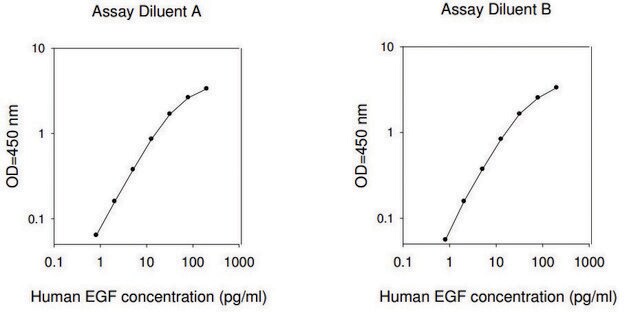

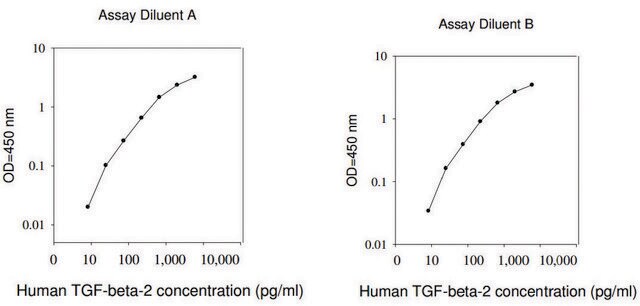
![[D-Lys6]-LH-RH Free Acid](/deepweb/assets/sigmaaldrich/product/images/296/050/abace45c-a145-43e8-9581-492df93f6e0c/640/abace45c-a145-43e8-9581-492df93f6e0c.jpg)
